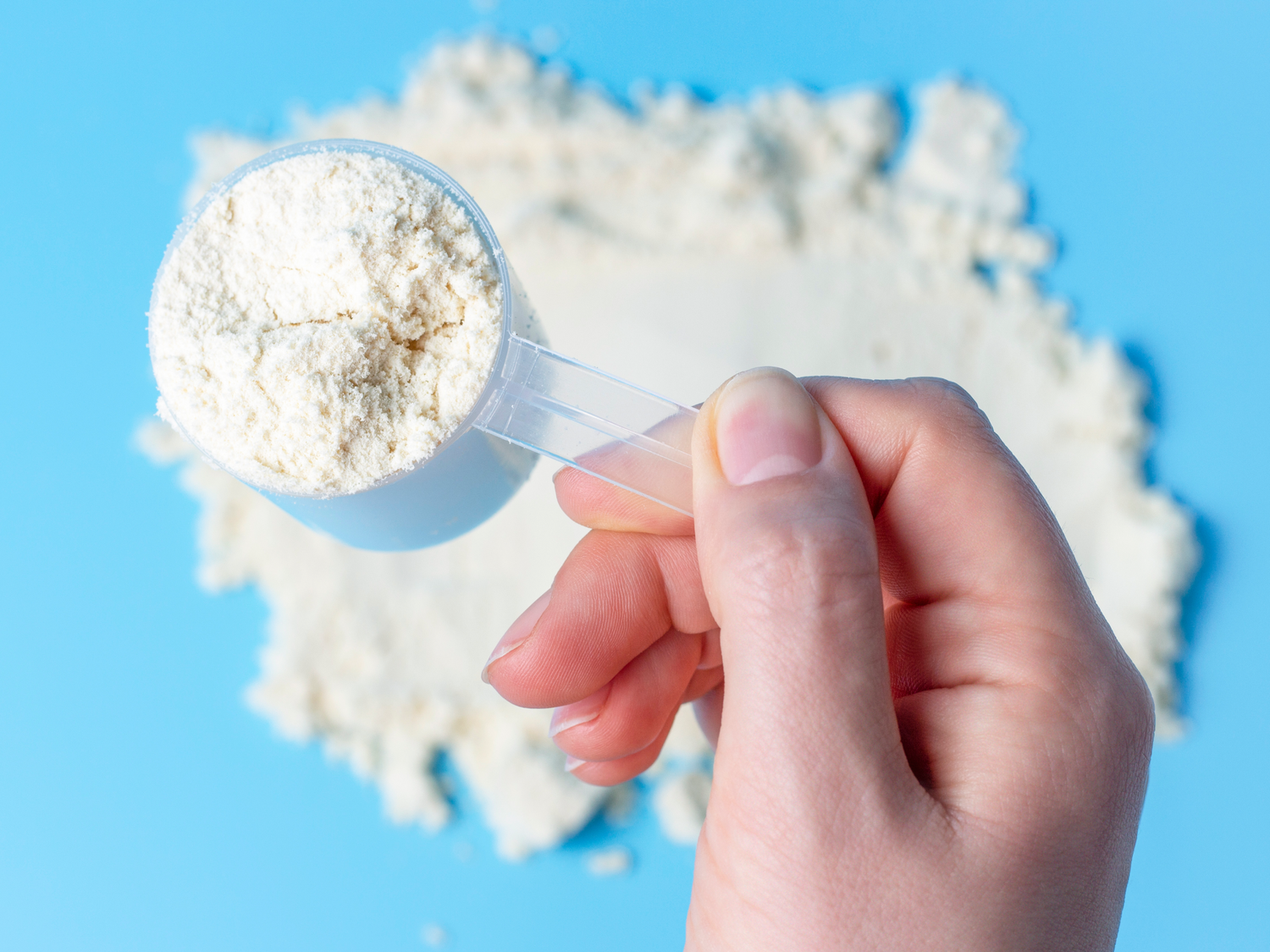Iron deficiency affects over 1.2 billion people worldwide, making it one of the most common nutritional disorders. While traditional iron supplements remain the standard treatment, their side effects—nausea, constipation, and stomach upset—cause up to 70% of patients to stop taking them. This poor compliance has researchers exploring alternatives, with colostrum emerging as a promising option. Studies suggest that colostrum, particularly its lactoferrin content, may support iron absorption while causing fewer side effects [1].
How Colostrum Works for Iron Health
Colostrum is the thick, yellowish first milk that mammals produce immediately after giving birth. This nutrient-rich fluid contains concentrated compounds designed to support newborn health and development.
The key component for iron health is lactoferrin, a protein that binds to iron and helps transport it across the intestinal wall. Unlike regular iron supplements that flood the system with iron, lactoferrin helps your body absorb iron more efficiently while preventing excess buildup [1].
Lactoferrin also fights harmful bacteria in your gut by taking away the iron these bacteria need to survive. This creates a healthier environment for good bacteria and better overall iron absorption. Additionally, colostrum contains anti-inflammatory compounds that reduce gut inflammation—a major barrier to iron absorption.
The Science Behind Better Absorption
When your body is inflamed, it produces a hormone called hepcidin that blocks iron absorption and keeps iron locked in storage. This is why people with inflammatory conditions often struggle with iron deficiency even when taking supplements. Colostrum's anti-inflammatory effects help reduce this blockage, allowing your body to access and use iron more effectively.
Research in female athletes shows long-term colostrum supplementation reduces inflammation markers while improving iron status [2]. Studies in people with inflammatory bowel disease also demonstrate that lactoferrin works better than traditional iron supplements for improving iron levels [3].

Benefits and Important Limitations
What Colostrum May Offer
Better tolerance: Most people experience fewer stomach problems with colostrum compared to iron pills. This improved tolerance often leads to better compliance with treatment.
Enhanced food absorption: Rather than just providing iron, colostrum appears to help your body absorb iron better from the food you eat.
Reduced inflammation: The anti-inflammatory effects may benefit overall health beyond just iron status.
Suitable for special populations: People with inflammatory conditions, athletes with exercise-induced iron loss, and those who can't tolerate regular iron supplements may find colostrum helpful.
Current Research Limitations
The research on colostrum for iron deficiency has significant gaps. Most studies involve small groups or specific populations like athletes, making it unclear how well these results apply to everyone. Large-scale clinical trials are still needed.
Quality concerns: Colostrum supplements vary widely in their lactoferrin content and processing methods. Without standardized products, it's difficult to predict results.
Safety considerations: Very high doses of colostrum may actually interfere with iron absorption due to proteins that bind iron too strongly [4]. People with dairy allergies cannot safely use bovine colostrum.
Cost factors: Colostrum supplements typically cost more than traditional iron supplements and may not be available everywhere.
Colostrum vs. Traditional Iron Supplements
Traditional iron supplements like ferrous sulfate have decades of research backing their effectiveness. They provide rapid iron correction when properly absorbed and have clear dosing guidelines. However, their side effects cause many people to stop treatment.
Colostrum works differently. Instead of providing large amounts of iron, it helps your body use iron more efficiently from all sources. This gentler approach may work better for:
- People with mild iron deficiency who need maintenance support
- Those who can't tolerate regular iron supplements
- Individuals with inflammatory conditions affecting absorption
Severe iron deficiency typically requires the rapid correction that traditional supplements provide, while colostrum may be better suited for ongoing support and prevention.
Current Use and Future Research
Most healthcare providers currently view colostrum as investigational for iron deficiency. Some specialists use it alongside conventional treatments, particularly for patients who struggle with supplement tolerance.
Ongoing research focuses on determining optimal doses, identifying which patients benefit most, and developing standardized products. Future applications may include personalized treatment based on individual inflammatory status and iron metabolism patterns.
Scientists are also exploring combination approaches that pair colostrum with traditional supplements to maximize benefits while minimizing side effects.
Monitoring Your Progress
Modern technology can help track iron status during any treatment approach. Tools like the Ruby app use fingernail selfie technology to provide Iron Score and Circulation Score estimates, offering a convenient way to monitor trends in your nutritional status.
While such wellness monitoring tools provide valuable insights, they complement rather than replace professional medical testing. They can help you track changes and identify when to consult with healthcare providers.
Key Takeaways
Colostrum shows promise as a complementary approach to managing iron deficiency. Its ability to enhance iron absorption, reduce inflammation, and cause fewer side effects addresses many challenges with current treatments.
However, the research remains preliminary. Healthcare providers should consider colostrum as a potential addition to, not replacement for, established treatments. Professional medical consultation is essential before starting colostrum supplementation, especially given the need for proper diagnosis and monitoring.
For people exploring natural approaches to support blood wellness, colostrum represents an intriguing option backed by growing scientific evidence. The combination of better absorption, anti-inflammatory effects, and improved tolerance makes it a potentially valuable addition to iron deficiency management strategies.
As research continues, colostrum may find its place as a useful tool in comprehensive iron deficiency care, particularly for people who struggle with traditional supplement approaches.
Healthcare Disclaimer: Iron deficiency requires professional medical diagnosis and monitoring. This information is for educational purposes only and should not replace professional medical advice, diagnosis, or treatment. Always consult with qualified healthcare providers before making changes to your treatment plan or starting any new nutritional supplements.
References
[1] WebMD. Lactoferrin - Uses, Side Effects, and More. Available at: https://www.webmd.com/vitamins/ai/ingredientmono-49/lactoferrin
[2] PMC. Effects of bovine colostrum supplementation on iron status and inflammation markers. Available at: https://pmc.ncbi.nlm.nih.gov/articles/PMC9824210/
[3] BMC Pregnancy Childbirth. Lactoferrin supplementation in inflammatory bowel disease and iron deficiency. Available at: https://bmcpregnancychildbirth.biomedcentral.com/articles/10.1186/s12884-025-07786-8
[4] PubMed. Protein chelation effects on iron absorption. Available at: https://pubmed.ncbi.nlm.nih.gov/22043881/





Leave a comment
This site is protected by hCaptcha and the hCaptcha Privacy Policy and Terms of Service apply.